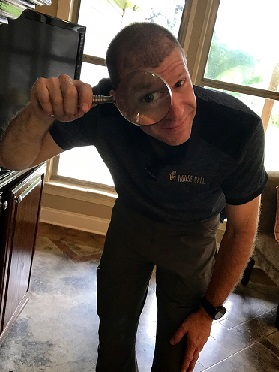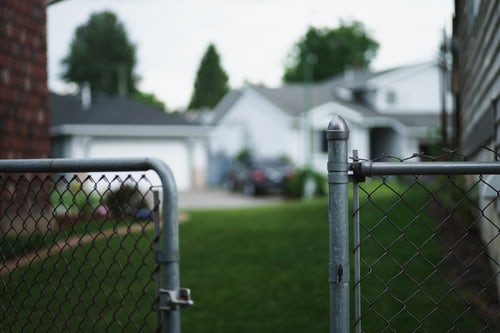Interpret. The word is defined by the Cambridge Dictionary (https://dictionary.cambridge.org) as “(deciding) what the intended meaning of something is.” And interpreting what you mean by the language in your business materials and inspection reports is what opposing attorneys do for a living.
So, what’s a small business owner to do? Can you match wits with an experienced plaintiff’s attorney, in their natural element of the courtroom? Or is there a better way to approach your defense?
I am not doubting the fact that you may be capable of defending yourself and overcoming the arguments of a professional attorney. However, it makes much more sense to attempt to address the issues before they become a problem. Benjamin Franklin is often quoted as saying “An ounce of prevention is worth a pound of cure.” So, it becomes our job to properly apply that ounce of prevention in the most effective way.
One of the best ways I have found to protect yourself is to always remember all of the possible ways that things can work out with your client. Your client could be happy and content with your product. Your client could be unhappy with your product, but never complain. Your client can be so unhappy with your product that you end up in court.
If you’re a home inspector, your product includes your inspection report and contract. In order to minimize the possibility that you will end up in court, you must make sure that your product is as polished as it can be, leaving as little room as possible for interpretation.
Some of the best advice that I ever received was to write my inspection reports with an eye toward any potential problems. If you anticipate that a regulatory board, attorney, judge or an arbitrator is (eventually) going to read your inspection report, it forces you to produce a better product.
A good mantra for home inspectors is make sure that your report, language and recommendations are fool-proof. Remember that there are varying levels of education and competence in the general public. Write your reports so that anyone can clearly understand the points you are trying to make.
Regardless of a person’s level of education, knowledge of construction or experience purchasing houses, your client should be able to easily understand what you are trying to say. Describe what you do, what you find and any limitations clearly and concisely. Don’t leave any room for interpretation. Eliminate that possibility before it becomes a reality.
I’ll leave you with a quote from the author Bhavik Sarkhedi, who said “Presumption is the opposite of prevention.” Don’t just assume that the judge will understand what you are trying to say in your report. Spend a few more minutes working on your product and documenting the situation. That ounce of prevention will go a long way.
Want some help upgrading your own inspection report? Check out my Resource page for more information: click here.
Would you like to get an email every Friday where we share the newest things we’ve discovered about home inspections? CLICK HERE to sign up.
Want to be an Influencer in Your Field? Share This Post!
Thanks, Joe




